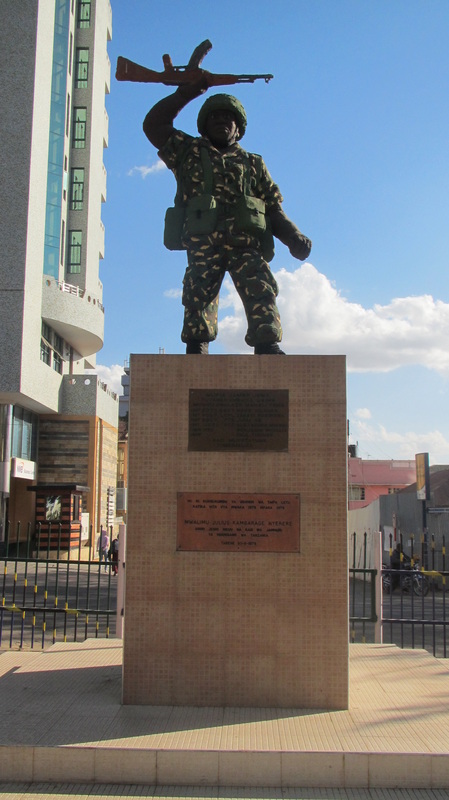There is little doubt how Southerners will vote. Those in the Canadian Diaspora will over-whelmingly vote for secession. They are in Canada due precisely to the North-South struggle. But secession for many of them is a starting point, not an end. There are deep concerns over the leadership of the SPLM. The South is hardly a united whole. Economic development has been sluggish, infrastructure build-out slow, corruption growing. Secession will lead to heightened expectations that the current leadership and political configuration seems ill equipped to meet. With government dependent on revenues from oil, and control of oil proceeds a constant struggle with Khartoum, secession will not improve the situation. There is hope that South Sudan will pursue more integration into the East African economy: Juba already has stronger linkages to Uganda and Kenya than to the North. But there are significant political hurdles to overcome to unlock the potential of the South Sudanese economy. Political geography is not currently a positive influence: northern Uganda, northern DR Congo, and eastern CAR and Chad remain plagued by various rebel groups, militias, and banditry.
The US has been watching Sudan closely. The Obama Administration is engaged. George Clooney has been at the forefront of using his celebrity to focus both official and public attention on the Southern vote. Canada is also engaged in Sudan, although future commitments are on uncertain ground give future cuts to DND, DFAIT, and CIDA. But South Sudan is going to require a concerted effort, real human and resource investment, by its substantial Diaspora. Canada, the US, and other donor countries have limited success over fifty years of helping African and post-conflict states become healthy, robust political economies. We're apt to do all the same mistakes rather than learning from the past and seeing the emergence of South Sudan as a real substantive moment in 21st Century Africa. We can't control the outcome of African economic and political developments, but we can cultivate trajectories at critical moments, and the coming few months will mark a critical moment in the lives of the South Sudanese (of the possible Republic of Kush) and the whole of East Africa.
More resources here:
http://www.satsentinel.org/ - The Clooney spearheaded effort to use satellite imagery to track troop movements and violence in the South Sudan region.
http://unmis.unmissions.org/ - Official UNMIS (UN Mission in Sudan) website.
http://www.goss-online.org/ - Govt of South Sudan website
http://www.sudan.net - Extensive resources about Sudan
Globe and Mail coverage (Geoffrey York)
13 January 2011 - South Sudanese voters surpass the 60% threshold to ensure the referendum results are recognized by North


 RSS Feed
RSS Feed
